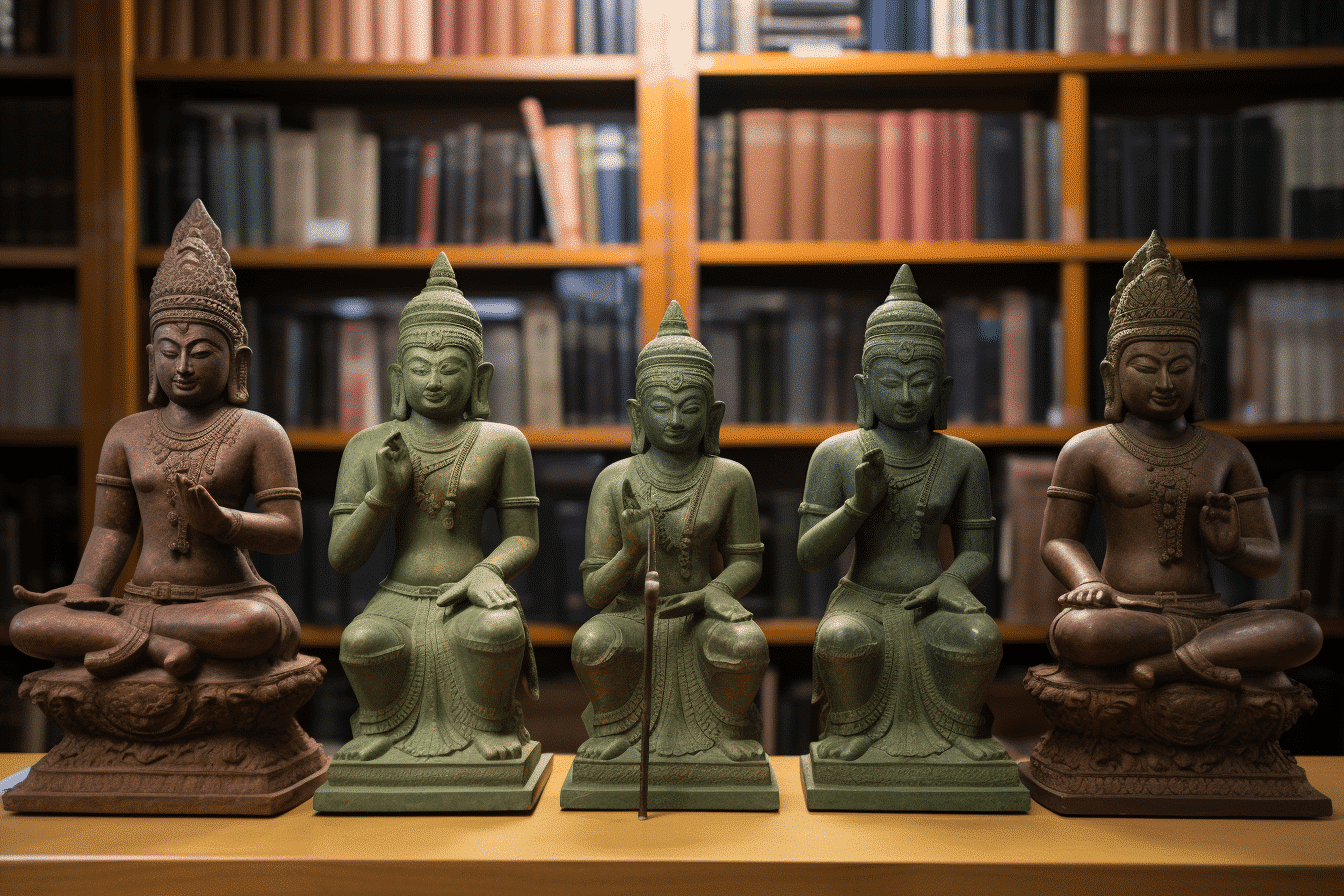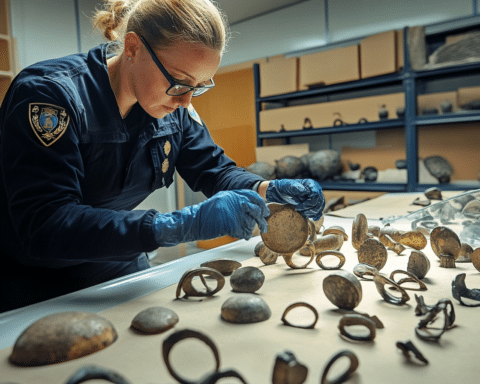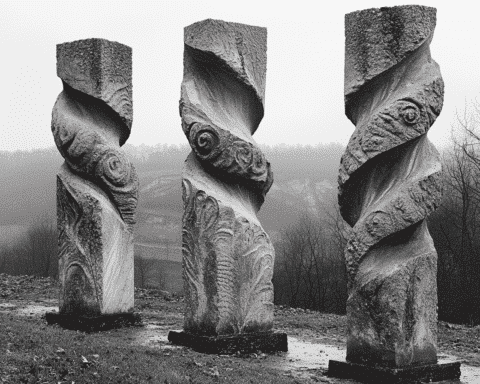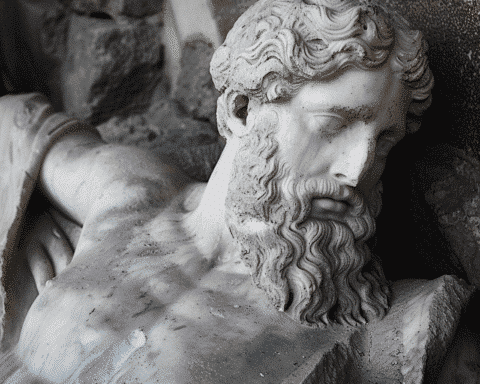The heirs of the late American business magnate George Lindemann have committed to sending back 33 illicitly acquired artifacts to Cambodia, as per the statement from the US Attorney’s Office. This gesture has been heralded as a significant milestone by Cambodia.
These artifacts encompass representations of celestial beings, gods, and mythical creatures, originating from the 10th and 12th centuries, found in Koh Ker—once the heart of the Khmer empire—and the globally renowned Angkor Wat temple, elaborated the US Attorney’s Office for the Southern District of New York.
The Lindemann family’s move to relinquish the artifacts is self-initiated. Legal representatives of the Lindemann estate have yet to issue any public remarks.
During tumultuous periods between the 1960s and 1990s, many of Cambodia’s historical sites were pillaged. The nation has been fervently working to reclaim these cherished antiquities, some of which are allegedly exhibited in US museums.
In 2021, the US returned 27 artifacts worth roughly $3.8 million to Cambodia, with another 30 ancient items repatriated the following year.
The Lindemann family’s collection is slated for repatriation later this year, relayed Bradley Gordon, the chief legal counsel guiding Cambodia on these matters. He also mentioned an understanding that the Lindemanns had disbursed over $20 million for these items.
The Cambodian Ministry of Culture and Fine Arts expressed that this act by the Lindemann family should be viewed as a commendable precedent for both museums and private aficionados.
Earlier this year, prior to his ascendancy as Prime Minister, Hun Manet addressed the American Chamber of Commerce, underscoring the significance of these artifacts, asserting that they symbolize the very essence of Cambodian identity.
The US has been diligently tracing Cambodian artifacts for over a decade, successfully repatriating 65 thus far. Notably, in 2019, art trader Douglas Latchford faced legal action tied to the illicit sale of Cambodian artifacts; however, post his demise, the charges were annulled.
The restitution of these invaluable artifacts embodies not only the rectification of past wrongs but also the enduring bond and cooperation between nations. As Cambodia continues its quest to restore its rich cultural and historical heritage, acts like these reiterate the importance of global understanding, respect, and collaboration in preserving world history. Such acts provide hope that many more lost pieces will find their way home, rekindling the spirit and legacy of a civilization that has withstood the test of time.




